Before making decisions, our bodies often send signals, which many refer to as a gut feeling. These instincts can serve as cautionary cues. While some dismiss gut feelings as unreliable, science, according to Psychology Today, suggests that there's value in trusting them. Whether it's a simple hesitation about running errands or a major decision like choosing a career, we have the choice to follow our intuition or stick to our original plan.

Many people don't realize that gut feelings aren't just random whims; they have a logical basis, according to The Guardian. Joel Pearson, a neuroscientist and psychologist from the University of New South Wales, explains that our brain is constantly scanning our environment and making multiple analyses before reaching a conclusion. “[It’s] processing all the things in the environment: the time of day, how well it’s lit, how well it’s not lit, the pace at which the person’s walking, and a hundred other things,” Pearson said.
However, he also suggested other subconscious factors are also put together to form a gut feeling. “It’s going to be making a prediction based on prior learning, situations you’ve been in, movies you’ve watched, and all the things that you’ve been through in your life,” Pearson added.

To clarify, Pearson defined intuition as "the learned, positive use of unconscious information for better decisions or actions.” When a person is faced with a situation, before they can get an intuition, all the knowledge, experiences and learnings registered in their brain are filtered to provide a peculiar understanding. But how do we know whether this gut feeling can be trusted? Pearson offers an easy way to assess it. He suggested the theory of “SMILE,” an acronym to remember how to proceed when one is exposed to a gut feeling.
S stands for 'self-awareness,' and it's about one’s emotional setting. When a person is aware that their feeling is due to an experience, they need to dive further and understand if the feeling applies to the present situation or is just a result of the past. M stands for 'mastery.' Pearson points out the need to practice and learn how our intuitions stem and build up in various situations. “You cannot rely on intuition if it’s the first time you’re doing something,” he said. I stands for 'impulse.' When a person finds themselves in an unusual setting, they are likely to react impulsively. It is not to be confused with intuition.

L stands for 'low probability.' “Our brains are really bad at understanding probability,” Pearson said. It may cause the brain to have feelings, even though there is little to no possibility of it happening. In such cases, a person needs to note the probability of their intuition before acting on it. E stands for 'environment.' Pearson explained that one needs to trust their intuition only after gauging the environment and understanding its familiarity and predictability. All in all, a gut feeling isn’t all that bad and can be helpful if one only learns to comprehend it correctly.









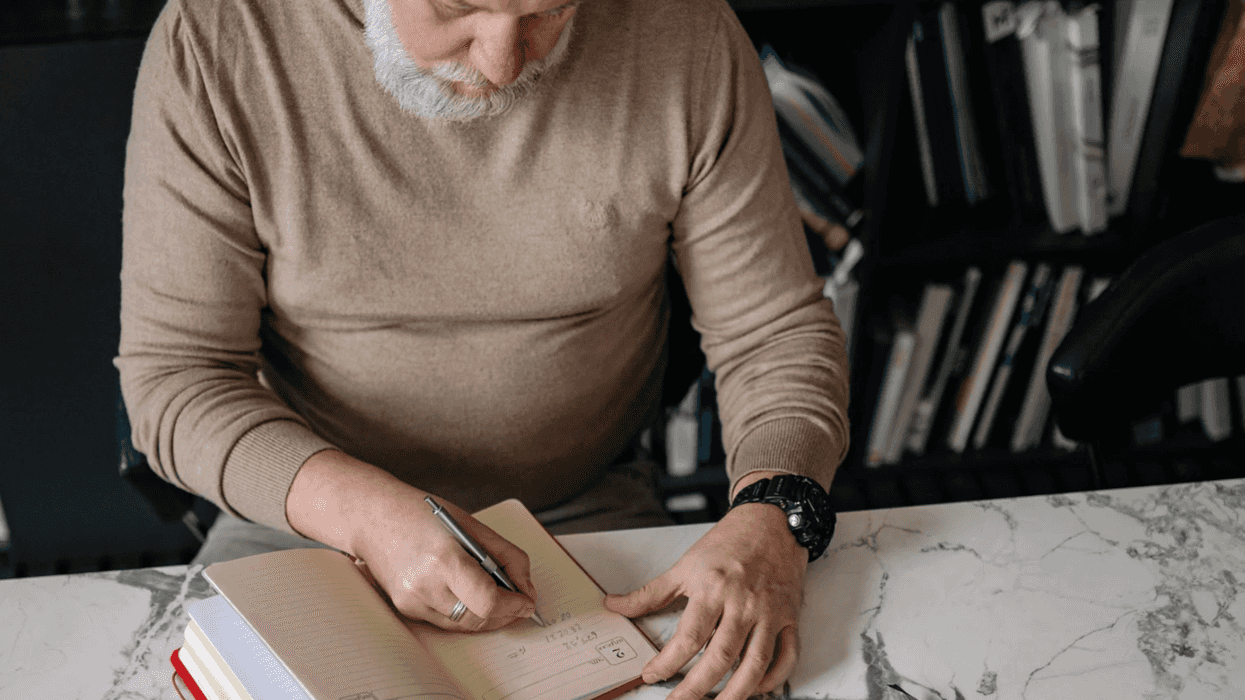







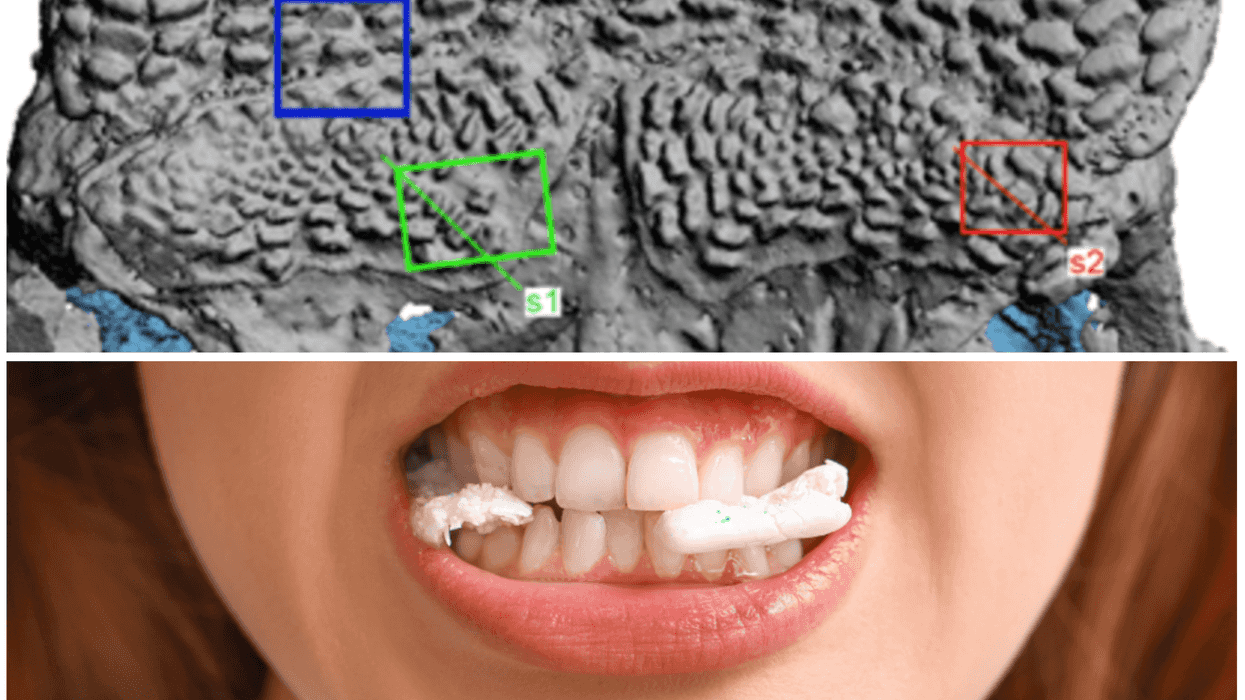
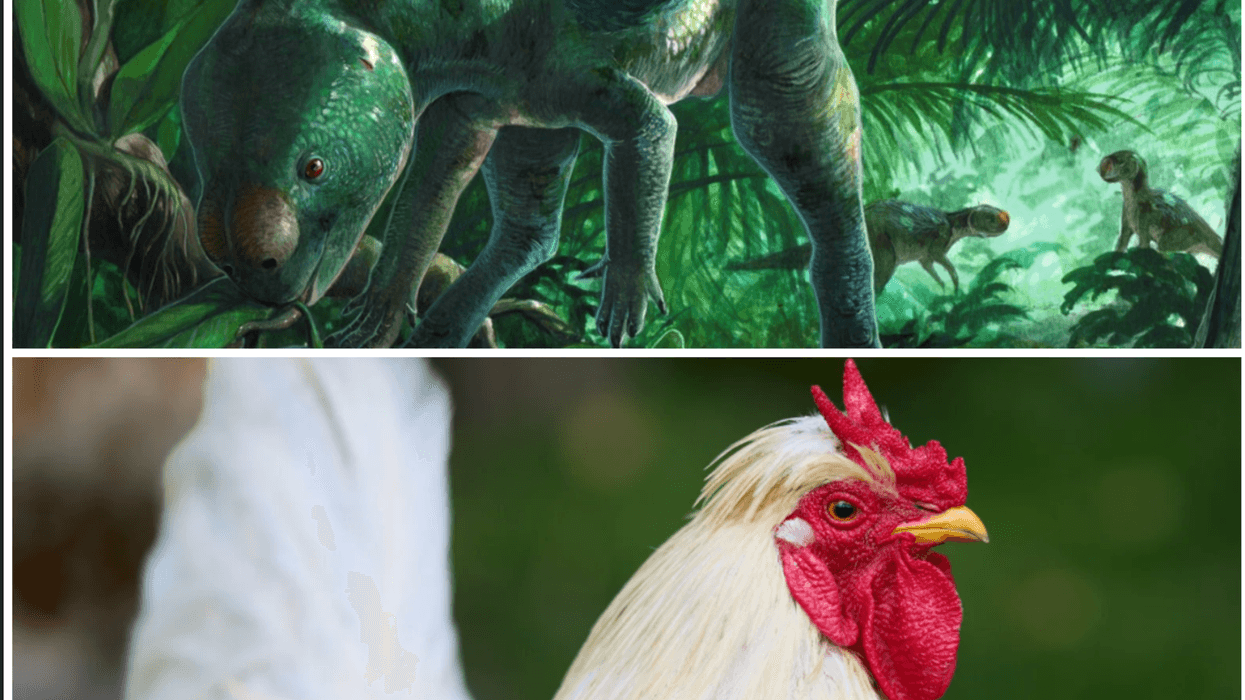
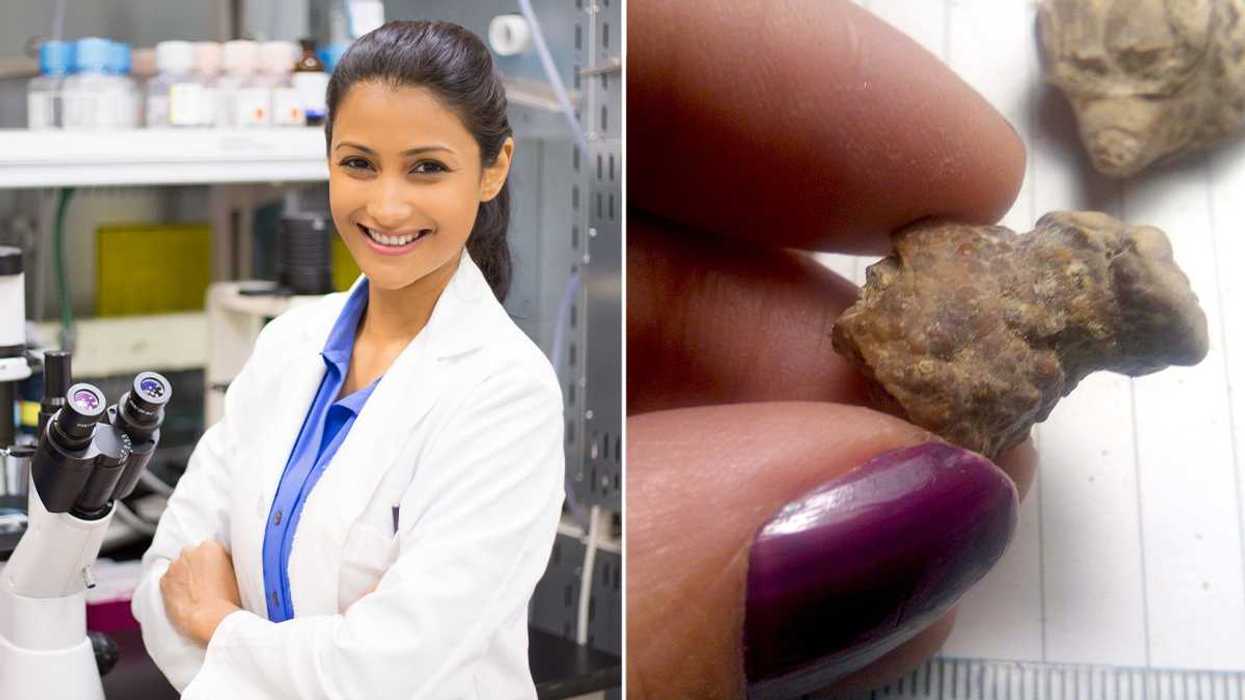
 Left: A robotic arm. Right: Rice grains.Photo credit:
Left: A robotic arm. Right: Rice grains.Photo credit: 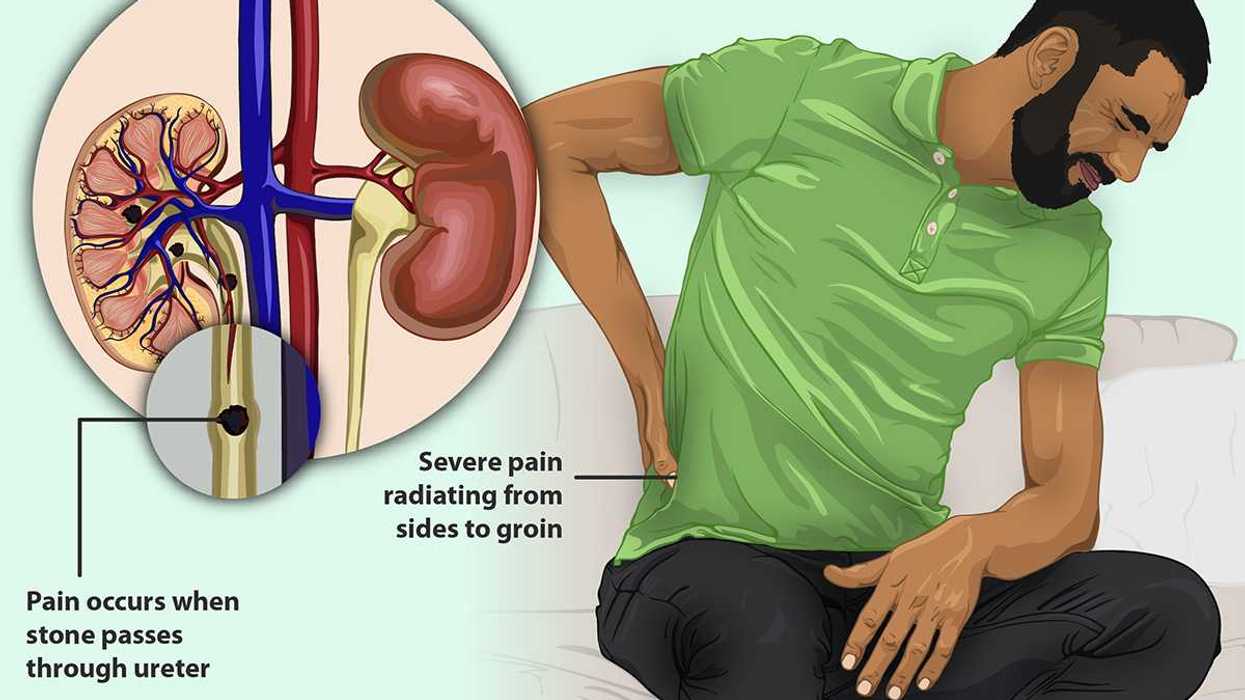 A diagram on kidney stones.myupchar/
A diagram on kidney stones.myupchar/ 
 Christy Lam-Julian, a mother in Pinole, Calif., reads to her son in April 2025.
Christy Lam-Julian, a mother in Pinole, Calif., reads to her son in April 2025. Children who read bedtime stories with their parents are likely to benefit from a boost in creativity – especially if they consider questions about the books.
Children who read bedtime stories with their parents are likely to benefit from a boost in creativity – especially if they consider questions about the books.


